Approaching this Australia Day, I’ve been thinking a lot about my Australianness. Or lack thereof.
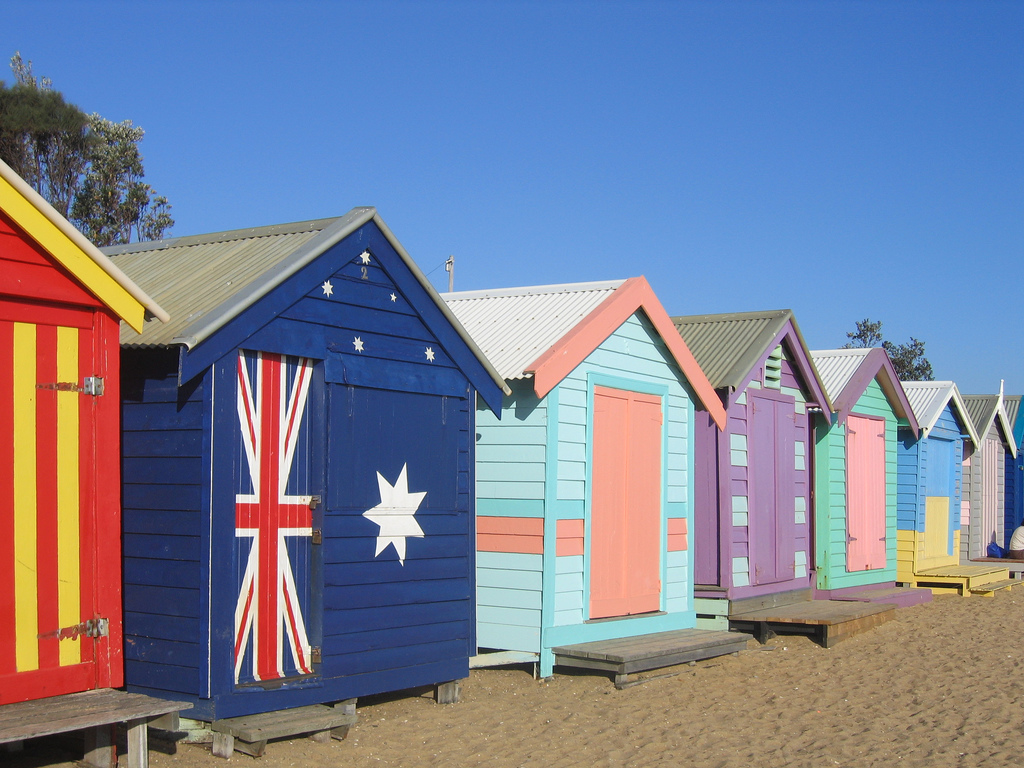
It’s not that I’m experiencing epic reverse culture shock now that I’m back in Australia (just a little …), but certainly the relationship between my personal identity and my country has undergone significant transformation.
As a child I felt more foreign than I should have. Probably because I went to a really white public school (thanks, inner south Canberra). By the time I got to high school and uni, I was sure I was Australian, especially after getting to know other Asian Australians and realising my parents aren’t very traditionally Asian at all. My first independent forays overseas confirmed this.
But now I’m pretty much at the point where my Australianess is totally up for debate and I don’t care which side wins. There are things about me that are very Australian (I’m very laid back, for example). Then there are things about me that are Asian (my face, for example). And there are things about me that are kinda Latino (see my previous post if you’d like an example). Not to mention the things that have been Americanised (I tend to roll my Rs, for example).
Whatever. I am what I am, however you choose to classify it.
Now, if I add up the time I have physically lived outside of Australia, so far I’ve spent little more than one-fifth of my life abroad. Oh, and half of that fifth I don’t remember because it was the first tenth of my life. Doing the math, I’d be 80 percent Australian. Eighty percent Canberran, in fact – a truly frightening thought!
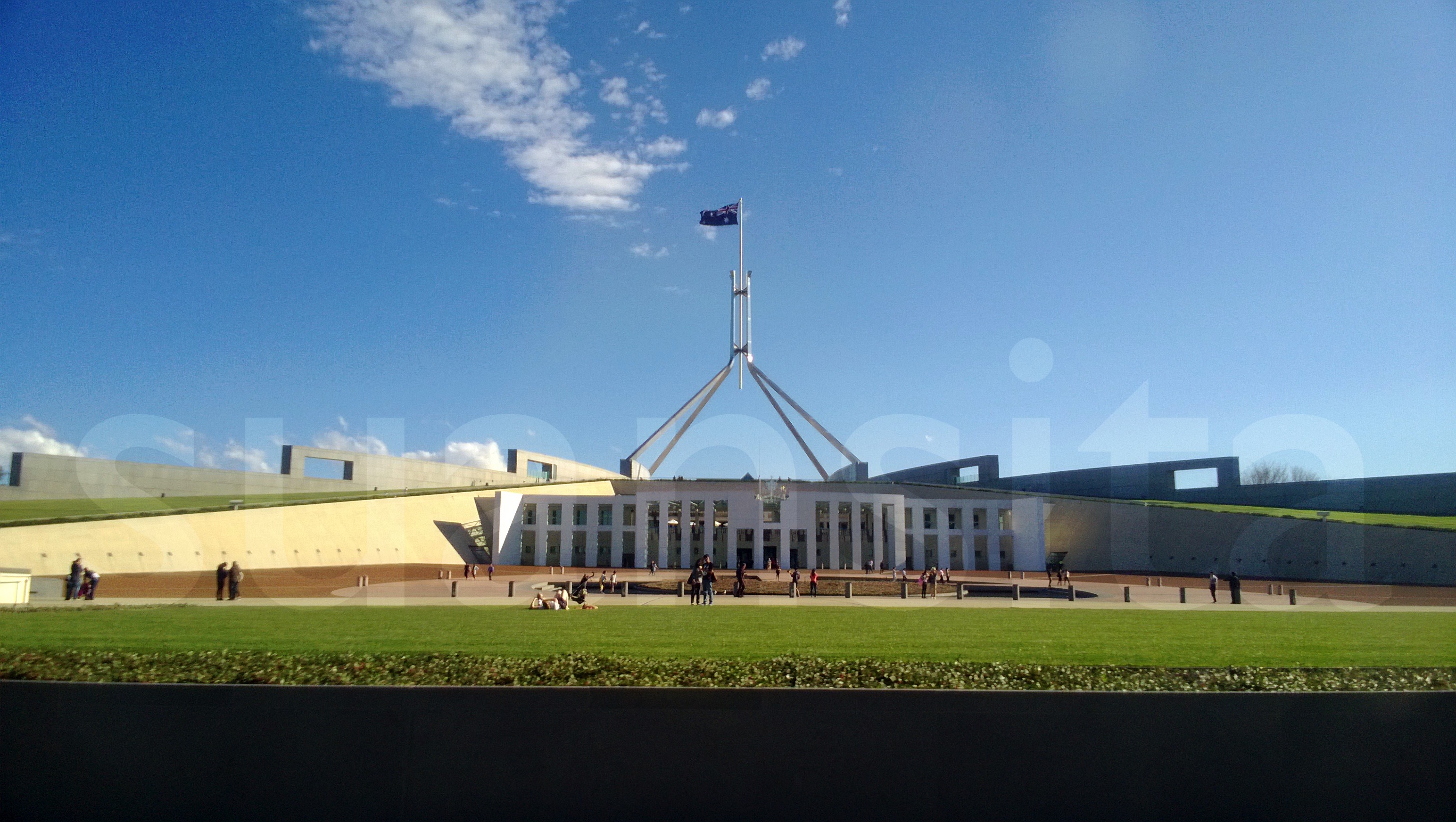
When I was only two-thirds Australian/Canberra (that is, aged 9), I wrote a poem in class, very creatively titled “Australia”. After several lines about our distinctive landscape and fauna, there’s this:
I’m happy and proud to be an Australian,
Not just because of these things,
But because of the friendly people
Who try to work in unity.
This is what Australia meant to me as a kid. Does that still hold true? Are we still friendly people who try to work in unity, even now as we are a patchwork of individuals and communities who are – based on the metrics I’ve used above – anywhere between 1 and 100 percent Australian? Is 80 percent good enough anymore?
I wonder, because I am increasingly conscious of and unsettled by a perception that there can be such a thing as someone who is 100 percent Australian. Perhaps I move in too many left-wing, postmodern circles, but I tend to agree that the idea that being white makes you more Australian is actually offensive to all of us, and particularly to Aboriginal Australians.
So what does it mean to be “fully Australian” if it’s not linked to how long you’ve been in the country or the colour of your skin?
There is a lot of rhetoric around “Australian values” but the truth is, I don’t think that in a practical sense we base our evaluation of an individual’s membership of our culture on their subscription to these amorphous “values”. It seems to be more an instinctive assessment we perform, often based on physical appearance, accent and other immediately apparent elements.
We (I include postmodern lefties here) say things like: “Oh she’s as Australian as you can get”, “His grandfather came from [insert country] in, like, the 1800s, so he’s super Australian” and “They only arrived five years ago but they’re so Australian.” Usually in reference to someone who’s not of Anglo-Saxon heritage.
But c’mon, can we really quantify Australianness? I mean, legally you are or you aren’t; citizenship is binary.
The fact that this debate exists at all is telling. If anything, the debate itself is about as Australian as you can get.
Australia’s national identity and what it means to individuals, what it means to me, is something I continue to ponder. It’s a question worth pondering, whatever percentage Australian you consider yourself to be – and whether or not you believe in percentages of Australianness.
Happy Australia Day, youse all!

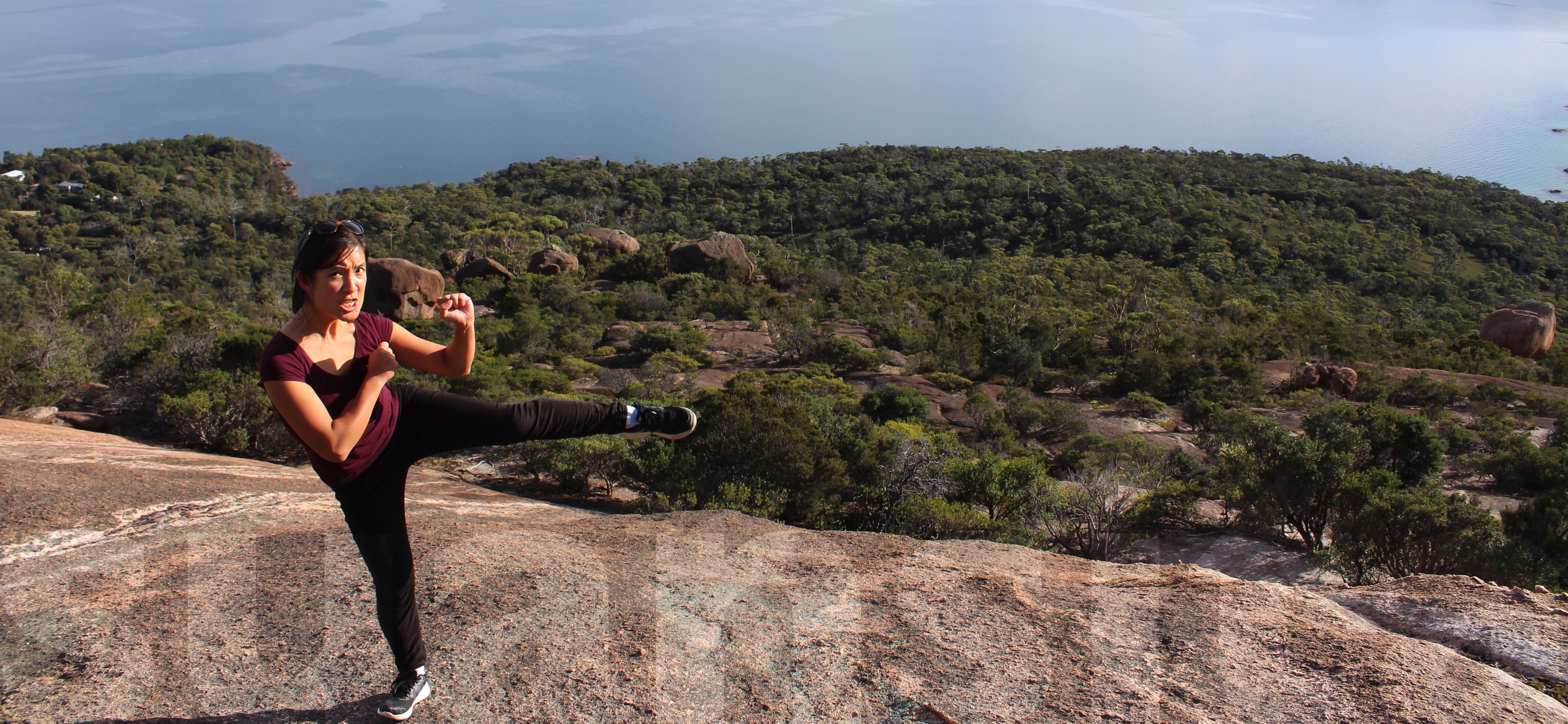
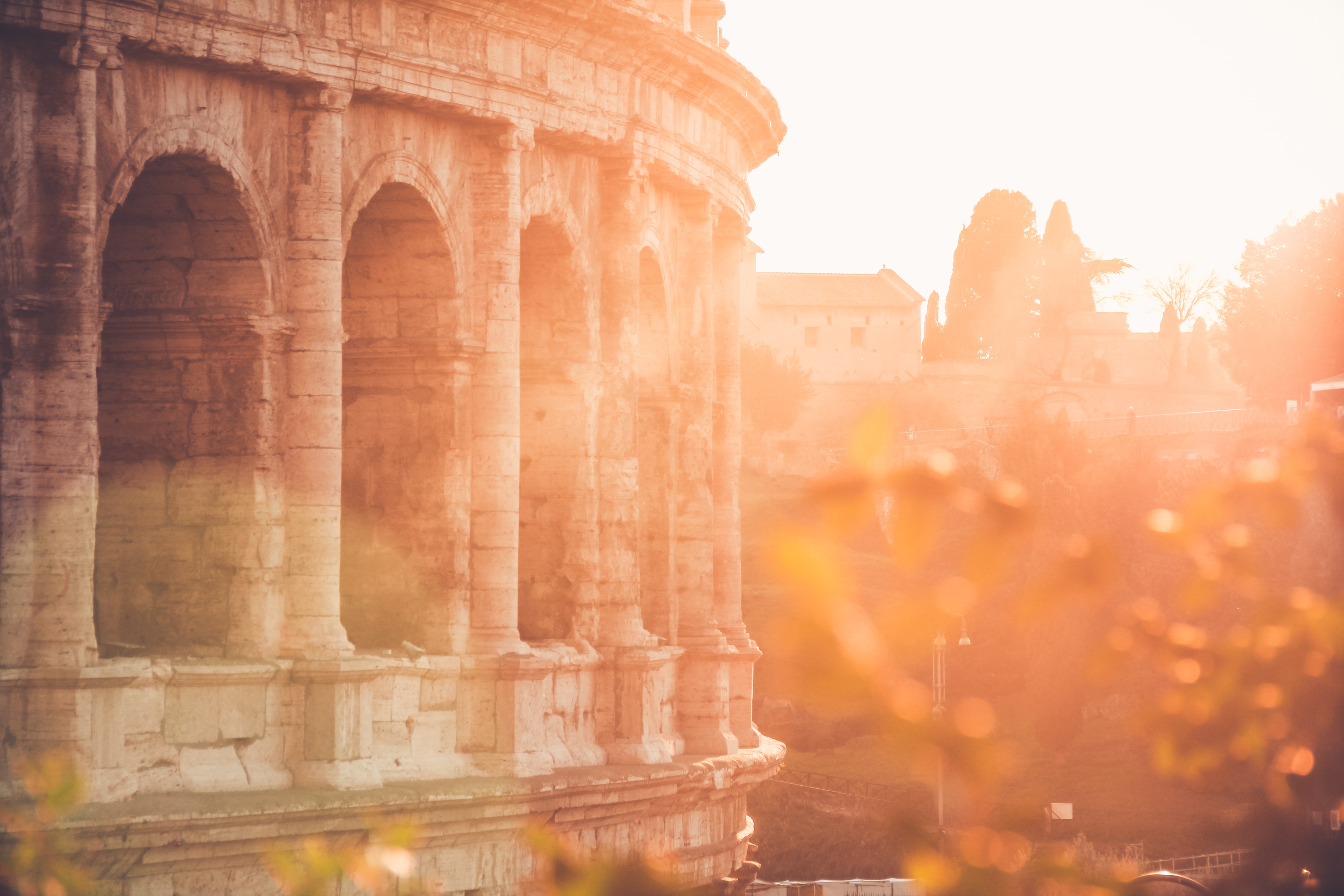
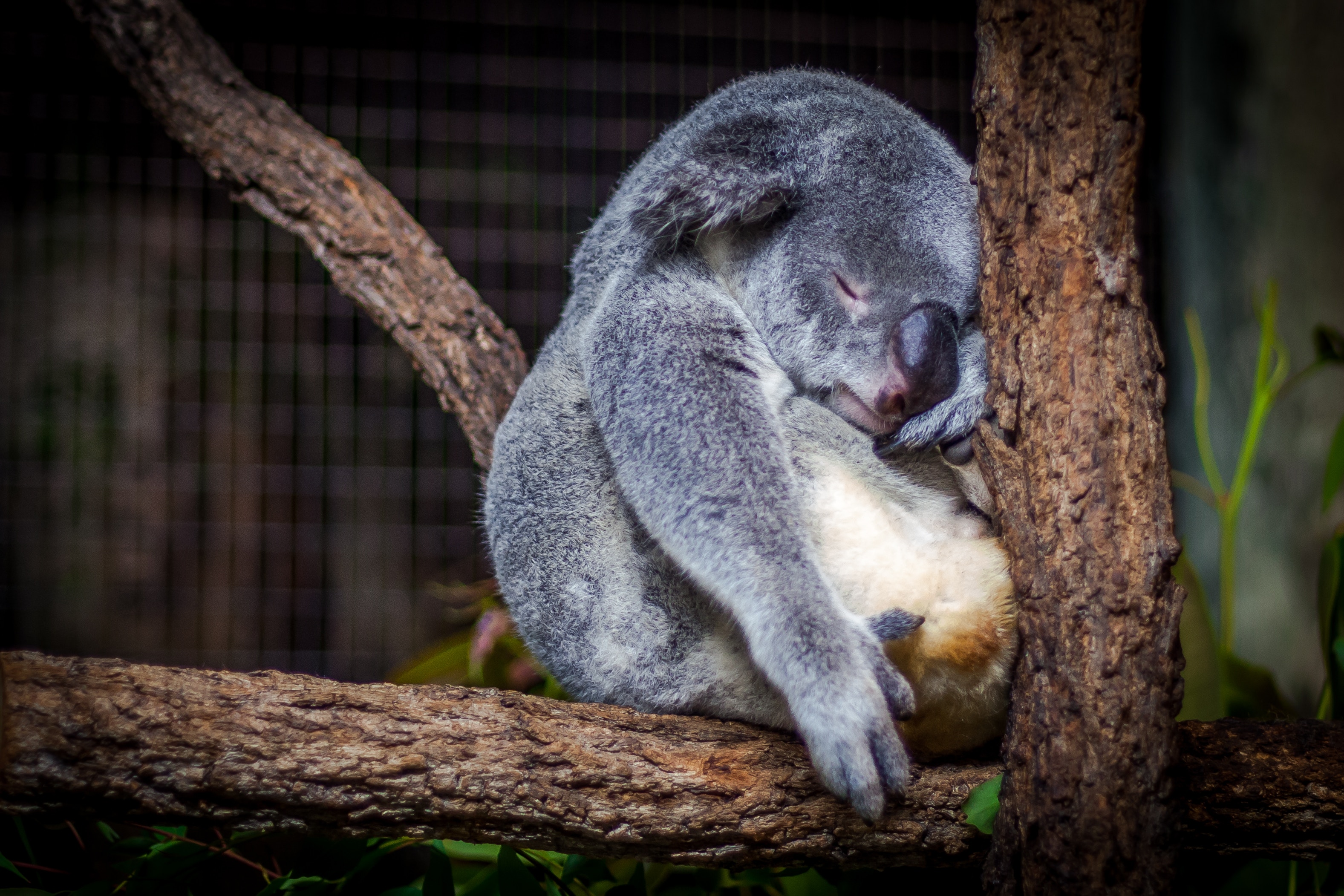
4 comments
I guess this is the point of the multicultural project. What is demands of new citizens is quite limited, but crucial – follow existing laws but otherwise do whatever you like in the private sphere. The state is not going out of its way to create inclusive, accommodating or participatory structures for new citizens. On the flip slide, this minimalist model means that the state should not seek to define Australianness ethnically. In this way, the idea of ‘Australian values’, can actually fulfil the desire of both broad camps. Australian values can be defined in very vanilla civic forms – obey the law, seek change through parliament etc. On the other hand, Australian values can be defined quasi ethnically, requiring knowledge of specific Australian motifs, like Donald Bradman’s batting average. Often, I think this tendency is more unimaginative or thoughtless rather than an act of deliberate exclusion. But it goes to show the lingering seductive idea of the nation state, even if it has lost much of the potency it enjoyed even fifty years ago. But your post points to something else over the horizon, which is what is the future for ‘national’ identity in a thoroughly globalised world. Will we talk in terms of ‘80% Australian’ or will we use supra national terms. Before we had nations, we had “Christendom’ etc. What terms will be appropriate for a globalist age?
I’m glad you caught all the undertones and other ideas I hinted at but didn’t explore in this post 🙂 Multiculturalism and ‘Australian values’ are complex, messy things though they are efforts put towards the noble goals of unity/social cohesion and inclusion. I find it fascinating how the idea of the nation-state IS so seductive and lingers on today, as you say (say, in random things like sporting contests) and the tension between that and the future of personal and collective identity with globalisation. I find that in my own experience and in talking with others, being an expat curiously simultaneously reinforces both nationalism and “global citizen” supranationalism: it throws into greater relief how your birth/main country has shaped you and then when you factor in how your chosen country has influenced you, that melds things …
I grew up in Brazil with Canadian parents, and spent roughly 15 years there. Now that I’m around 30, I realized that I’ve lived outside of Brazil as long as I lived there, and it feels like Brazil is less and less a part of me. Sort of weird to acknowledge, too, since I have a Brazilian passport. Because I’m Caucasian, it’s not too confusing for people, but I can only imagine how confusing it would be if I looked Asian, but my parents were Canadian-Asian, and raised me in Brazil …. 🙂
Hey Julie, thanks for your thoughtful comment, for sharing – it’s cool when people not only read what you write but also interact with it, and put themselves in the picture 🙂 … Now that you mention it, that could totally be me one day – the Asian Australian raising confused kids in Latin America! Who knows …